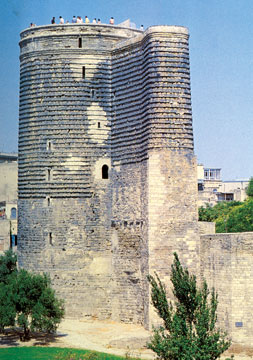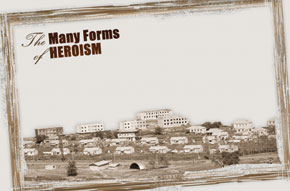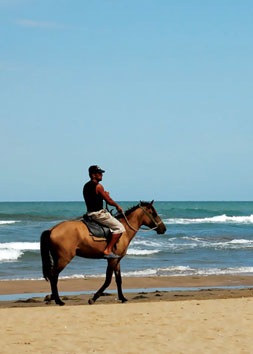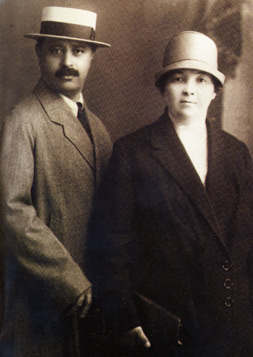Numerous acts of genocide against Azerbaijanis, which for many years did not receive its deserved political and legal assessment, is one of the secret pages of our history.
 After the Republic of Azerbaijan regained its independence, it has become possible to renew the objective picture of the past history of our nation. The truth which for many years was kept back, is getting disclosed and misinterpreted events are getting their real value.
After the Republic of Azerbaijan regained its independence, it has become possible to renew the objective picture of the past history of our nation. The truth which for many years was kept back, is getting disclosed and misinterpreted events are getting their real value.The Gulustan and Turkmenchay agreements signed in 1813 and 1828 provided the legal ground for the partition of the nation of Azerbaijan and division of its historical lands. The occupation of the lands continued the national tragedy of Azerbaijan people. Within a short time, gross settlement of Armenians in the territories of Azerbaijan has begun. The occupation of Azerbaijani territories became an integral part of the genocide.
Armenians moved to Yerevan, Nakhchivan and Karabakh khanates have achieved to establish their administrative territorial unit of Armenian region despite their minority as compared to Azerbaijanis residing in the same area. This artificial division provided political reasons for the removal and annihilation of Azerbaijanis in their native lands. This was followed by propaganda of the establishment of the Great Armenia. In order to ensure the exculpation of the idea to establish this fictitious state in the territory of Azerbaijan, a wide-scale programme, aimed at the falsification of the national history of Armenians, was started. The distortion of the history of Azerbaijan and the whole Caucasus, formed an integral part of this programme.
 The Maiden Tower is a Baku landmark, a much loved symbol of the city and of Azerbaijan. It looms dark and enigmatic, looking out to sea from the southern edge of Baku´s old, walled city, the Icheri Sheher. The origins of the tower are shrouded in mystery - no-one knows for certain when it was built or what it was built for or even how it acquired its name Maiden Tower (Qiz qalasi). No written sources survive that record its construction or original function.
The Maiden Tower is a Baku landmark, a much loved symbol of the city and of Azerbaijan. It looms dark and enigmatic, looking out to sea from the southern edge of Baku´s old, walled city, the Icheri Sheher. The origins of the tower are shrouded in mystery - no-one knows for certain when it was built or what it was built for or even how it acquired its name Maiden Tower (Qiz qalasi). No written sources survive that record its construction or original function.










